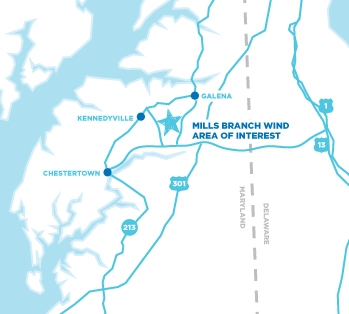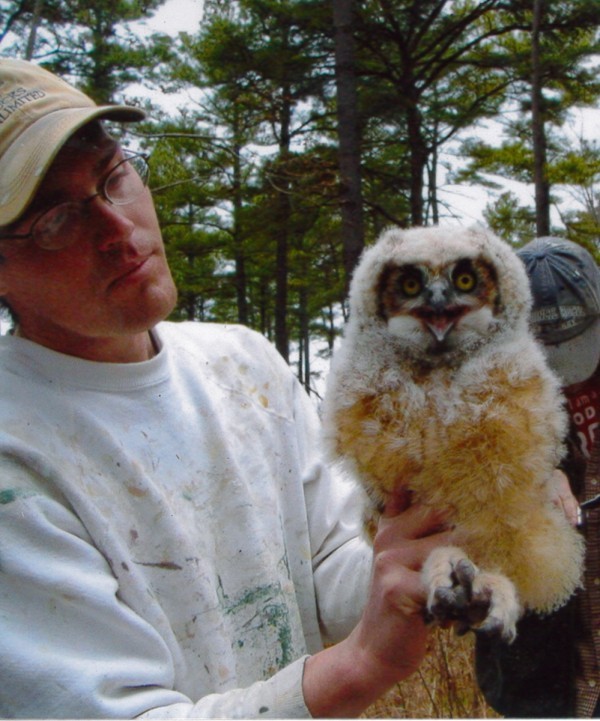“All Hands on Deck!”
This year, ESLC won $1,500 from the Chesapeake Bay Trust “All Hands on Deck” grant contest. Two Chesapeake Conservation Corps Volunteers are awarded this grant each year and awardees are asked to plan and implement a complete workday, comprised of activities that help to restore the Chesapeake Bay. This year, ESLC’s Corps Volunteer, Becca Weisberg, was awarded the All Hands Day to build bird boxes, a canoe rack, clean trails, and weed the BMP garden at the Sassafras Environmental Education Center in Kennedyville, MD along the Sassafras River and Turner’s Creek. The day was a great success, and the Conservancy and Education Center are thankful for the funding and materials that were provided by the Chesapeake Bay Trust. Additionally, this day would not have been possible without the 30 Chesapeake Conservation Corps Volunteers! Wayne Gilchrest, former U.S. Congressman and current ESLC Program Director for the Sassafras Environmental Education Center, kicked off the day with an inspiring talk. “Think about the change you can make” he told the Chesapeake Conservation Corps volunteers, each of who engage in environmental education and restoration work during their one-year terms. Volunteers worked throughout the day in groups to clear trails, clean beaches, build a canoe rack, and install bird boxes. Lunch was provided by Evergrain Café in Chestertown, MD. At the end of the day, volunteers were invited to enjoy the beautiful outdoor space and stay overnight for camping. The Sassafras Environmental Education Center shares over 1,000 acres of land with Maryland DNR, containing over 10 miles of trails, beautiful waterfront, and an abundance of outdoor recreational activities. ESLC invites the public to visit the Sassafras Environmental Education Center to view the work that was done during this “All Hands on Deck” day. Limited parking is available at the end of Turner’s Creek Rd. Visit ESLC.org to learn









